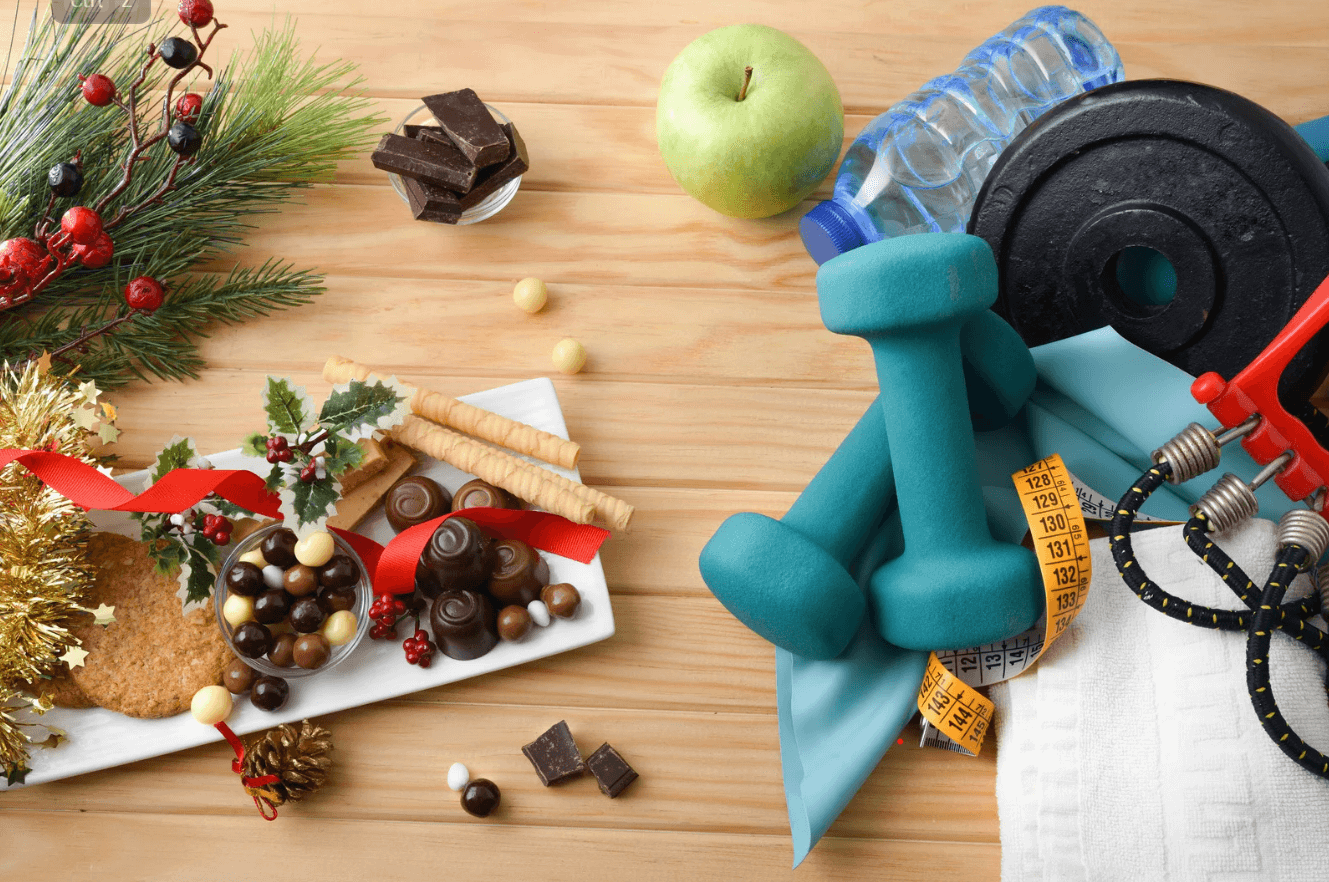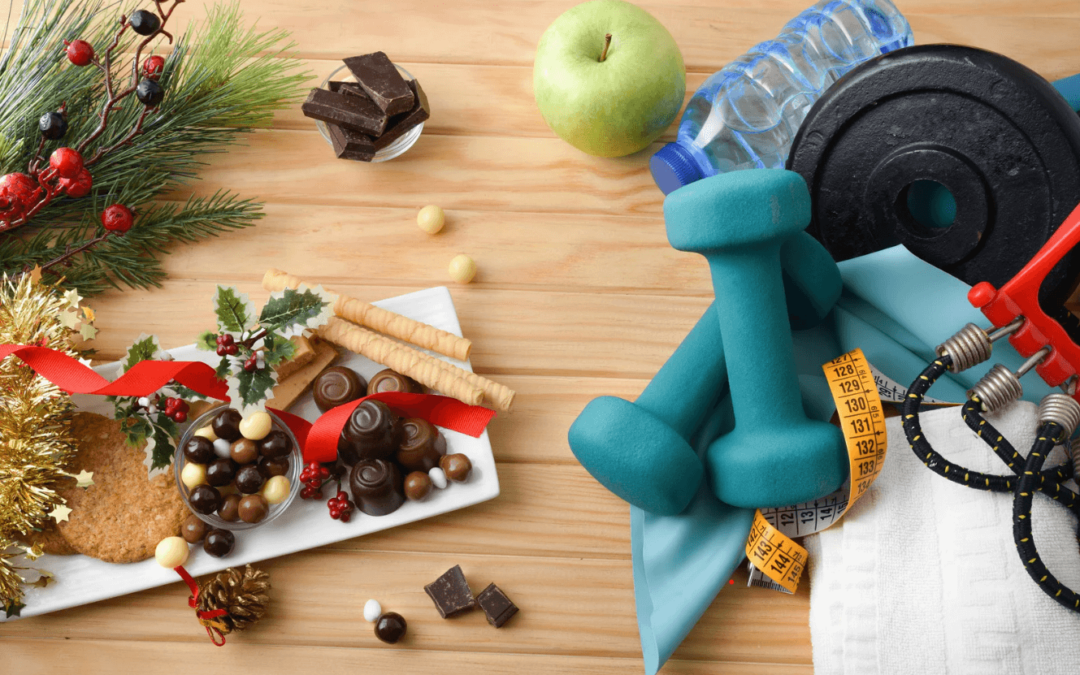Not feeling the resolutions? Why habits are the smarter way to start this year.
Ah, January. The month of fresh starts, gym memberships, and bold declarations of our new-found morals and virtue. This is the year we’ll run a marathon, stop shouting at our children and read all those books….right? We’ve all been there—making sweeping New Year’s resolutions that fizzle out by February. Here’s the thing: it’s not your willpower that’s the problem; it’s the system. Resolutions often rely on motivation, which can be as fleeting and hard to maintain as your toddler’s interest in vegetables. Habits, however, are the real game-changer—especially for parents.

The Power of Tiny Habits
Research by Dr. BJ Fogg, author of Tiny Habits, highlights how small, consistent changes lead to lasting transformation. Habits thrive on simplicity and repetition, making them far more sustainable than lofty goals. For example, instead of vowing to “spend more quality time with the children,” commit to a small, simple habit like a 10-minute card game after dinner. Over time, this small, focused ritual builds connection and becomes second nature, achieving the original goal of increased quality time.
Why Habits Work for Parents
Parenting is already a juggling act, and adding ambitious resolutions can feel overwhelming. Habits, on the other hand, integrate helpfully into your existing daily life. Here’s why they work:
- They Reduce Decision Fatigue: Parenting involves thousands of tiny decisions daily. A Habits automate some of those choices, freeing up mental energy for more important things—like figuring out your teenager’s latest phase.
- They Build Momentum: A consistent habit, no matter how small, creates a sense of accomplishment. This positive feedback loop encourages you to stick with it.
- They’re Adaptable: Family life is unpredictable, especially if you’re an expatriate family or going through transitions. Daily habits flex with your circumstances, and create a sense of reliability, while rigid resolutions often crumble under the weight of a sleepless night or upended schedule.
Science-Backed Benefits of Good Habits
Recent studies have shown that effective habits not only improve personal well-being but also positively impact parenting. According to a 2023 study published in the Journal of Family Psychology, parents who practice mindfulness habits, like taking a few deep breaths before responding to their child, report higher levels of patience and satisfaction. Similarly, habits like creating consistent routines not only benefit children’s development but also reduce parental stress.
Habit Ideas to Start Today
If you’re ready to ditch the resolutions and embrace habits, here are a few ideas to get you started:
- For Your Well-Being: Commit to getting up a few minutes earlier, to drink your morning coffee in peace, or taking a ten-minute walk each day.
- For Your Parenting: Before bed, tell your child one thing you loved about them today. This builds their confidence and strengthens your bond.
- For Family Connection: Establish a weekly family movie night or a daily gratitude ritual at dinner.
How to Build Habits That Stick
- Use Habit Stacking: This technique, popularized by James Clear in Atomic Habits, involves linking a new habit to something you already do. For instance, while brushing your teeth, think of three things you’re grateful for. Or drink a glass of water while you wait for your coffee to brew. Habit stacking leverages existing routines as anchors, making it easier to incorporate new behaviors without disrupting your day.
- Start Small: Focus on habits that feel almost too easy. It’s better to start small and build gradually than to aim too high and give up.
- Celebrate Successes: Celebrate each time you follow through. Even a simple “Well done, me!” can reinforce the habit.
A Final Word
As parents, we often put immense pressure on ourselves to “get it right.” But parenting isn’t about grand gestures; it’s about the little things we do consistently. By focusing on habits instead of resolutions, you’re not just setting yourself up for success—you’re modeling resilience and growth for your kids.

